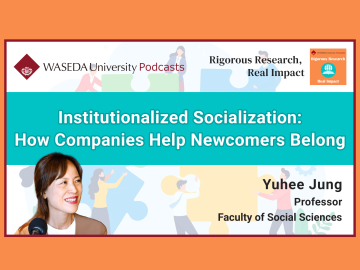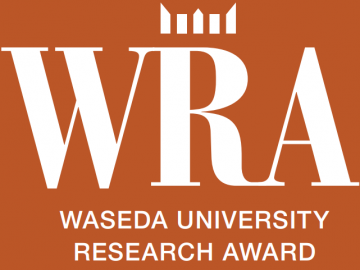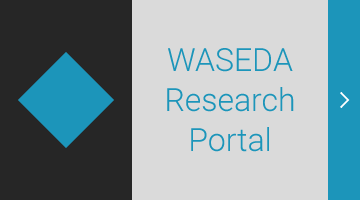International education for peace
Higher education is also fast-tracking globalization and internationalization. Could education be a tool to promote international understanding and peace beyond that? What are universities, the seat of learning, expected to do? Professor Kazuo Kuroda from the Graduate School of Asia-Pacific Studies answers these questions.
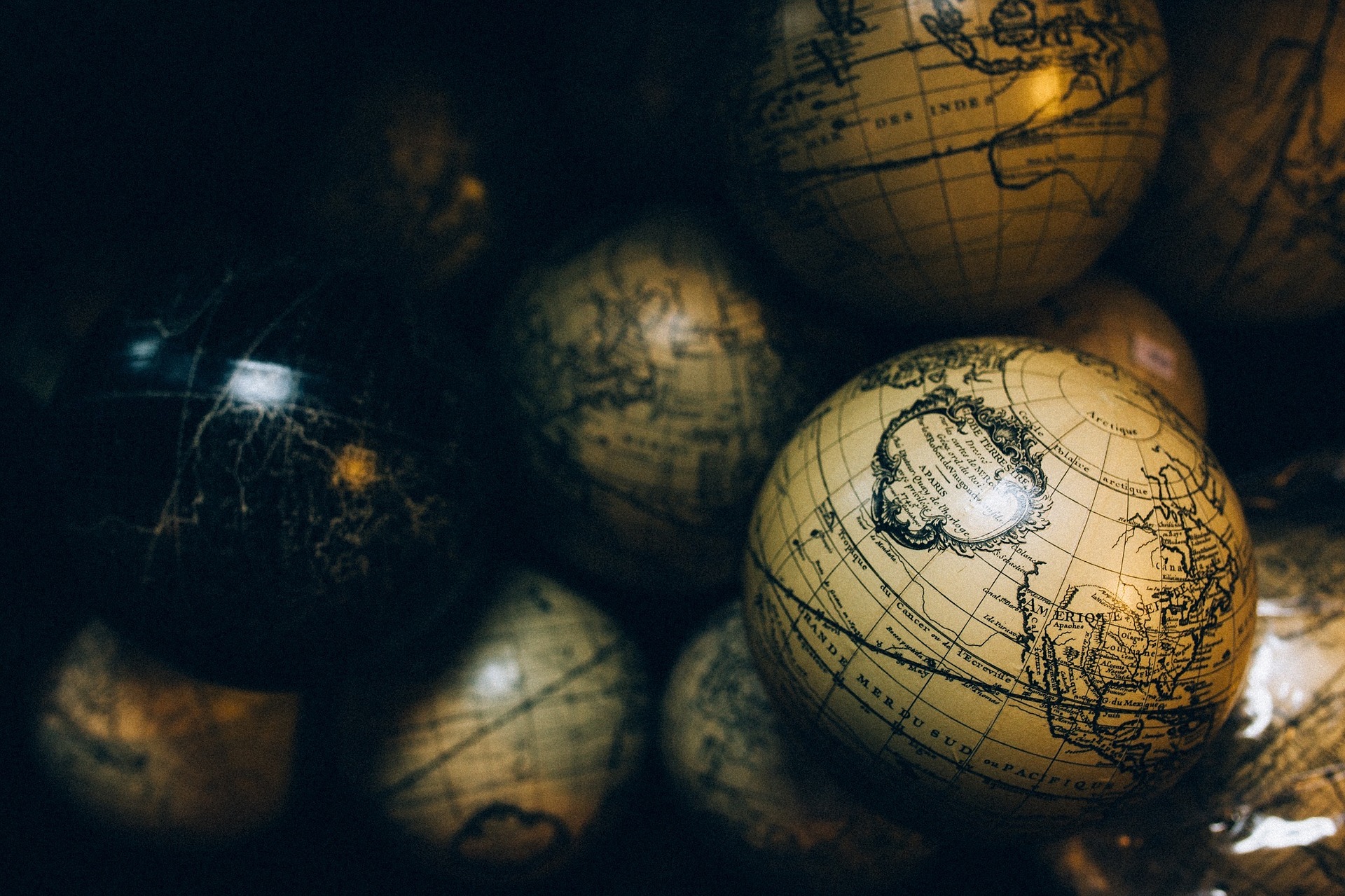
Keywords in education for the 21st century
The booming population growth due to international human migration, the rapid progress in the development of information and communication technology as well as economic integration, the evolution of the market economy, and the formation of a knowledge economy are forcing global and international transformation even in the field of education, which was conventionally discussed with a framework of one nation in mind.
Internationalization and globalization are recognized as keywords in education of the 21st century, and they have become the center of debate in educational institutions, national governmental organizations, and the international community at large. Especially through study abroad programs and international collaborative research, universities and governments are starting to proactively lead internationalization and globalization efforts in order to win the borderless, international single market. However, internationalization of higher education has not been preached only for reasons to become competitive economically and politically.
Higher education for training global citizens and leaders
The primary principle of internationalization of higher education was to promote international understanding and peace. The idea of international educational exchange for international understanding and peace spread after World War I and became universal after World War II.
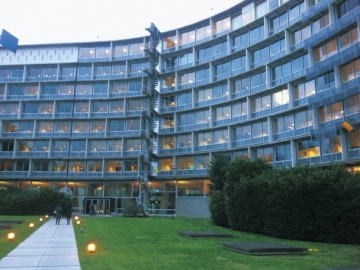
UNESCO Headquarters in Paris, the edifice of international learning for peace
UNESCO is an international organization founded upon the belief that, as declared in the Preamble to the Constitution of UNESCO adopted in 1945, “Since wars begin in the minds of men, it is the minds of men that the defenses of peace must be constructed.” This very intention towards peace has reflected upon UNESCO’s principle towards international educational exchange. Additionally, the Fulbright Program, an international educational exchange scholarship program proposed and inaugurated by American Senator Fulbright after World War II, was also planned with Fulbright’s hope to promote peace. This became a model for formulating policies regarding internationalization of higher education for many countries. Even in Japan, the Nakasone Administration created a policy in 1983 to welcome 100,000 international students. Nakasone’s policy states that, “International exchange of education, especially the international exchange of students at the higher education level, promotes the spirit of international understanding and cooperation, and educates students from overseas so that they could better bring together and strengthen ties between Japan and their home country.”
In recent years, the discussion of internationalization in higher education for peace is shifting from international understanding and internationalization, thoughts taking borders into consideration, to a more global perspective of training global citizens and leaders. Although more local, a great example of this is the Erasmus Programme, which promotes academic mobility of higher education in Europe. The Programme is increasing awareness among Europeans as well as mutual understanding and trust building among member states, which are becoming a major part of the Programme. The acceleration of educational exchange in Europe is not simply a recursion of an academic community from Medieval Europe but a process established to learn about each other, advance reconciliation, and build awareness as European citizens to realize regional unification and peace in Europe, where it has experienced all kinds of wars.
Infrastructure for mutual understanding
Would internationalizing higher education and revitalizing international exchange among students and faculty automatically lead to mutual understanding and achieving peace? Unfortunately, it is not that simple. The fact that many terrorist attacks of the 21st century involved international students and those with study abroad experience has shocked personnel who are dedicated to organizing study abroad programs and have followed Fulbright and UNESCO’s beliefs.
Instead of mutual understanding, educational exchange could sometimes be a hotbed for misunderstandings, discrimination, and hatred. This is why university staff and faculty should not simply set quantitative goals for internationalization but make efforts for internationalization that lead to improving the quality of education and student life for each and every student in a higher education setting. Among international students, some may have strong resentment as well as mistrust towards their host country and return home. Quickly assuming that international educational exchange immediately promotes international understanding and builds trust is hastily. Nonetheless, the kind of influence international educational exchange has on the like and dislikes of a country should be discussed separately with how it contributes to building an infrastructure for mutual understanding.
For international peace, the role of universities, a seat of learning, is not only about creating a sense of connection with one country but also sharing knowledge to establish higher educational institutions as infrastructures for mutual understanding.
Kazuo Kuroda, Professor, Faculty of International Research and Education
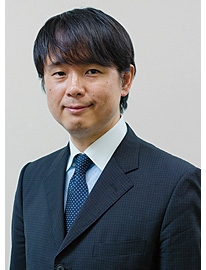 Professor Kazuo Kuroda graduated from Waseda’s School of Political Science and Economics. After obtaining his Master’s degree from Stanford and Ph.D. from Cornell, he worked for the U.S. Overseas Development Council, World Bank, and Hiroshima University before his current position. His specializations include comparative and international education, international education development theory, and inclusive education.
Professor Kazuo Kuroda graduated from Waseda’s School of Political Science and Economics. After obtaining his Master’s degree from Stanford and Ph.D. from Cornell, he worked for the U.S. Overseas Development Council, World Bank, and Hiroshima University before his current position. His specializations include comparative and international education, international education development theory, and inclusive education.
*This interview was conducted in 2016.



